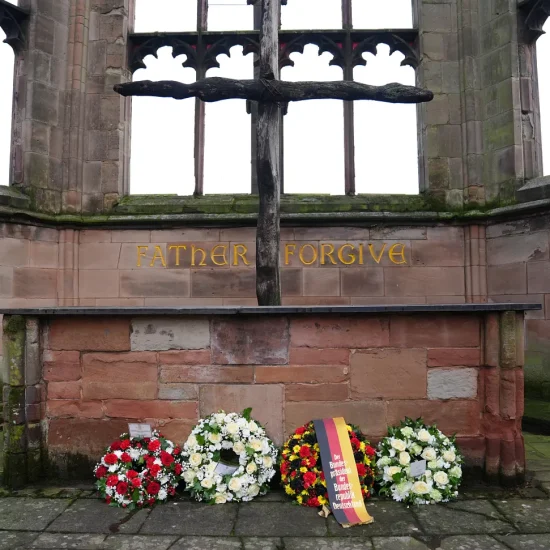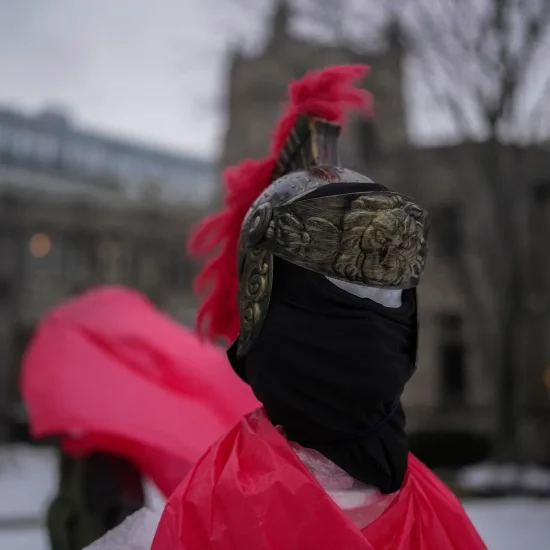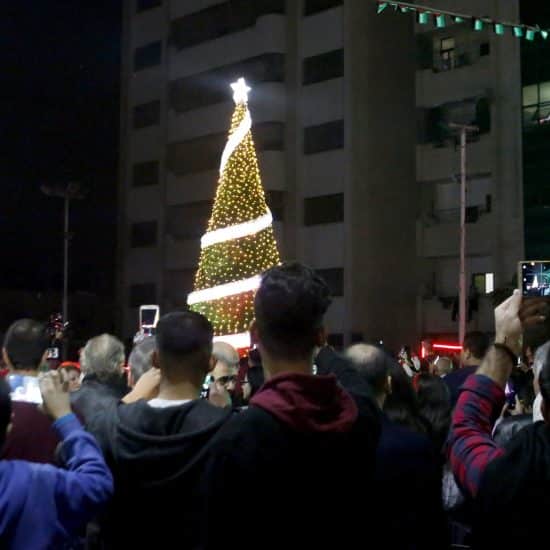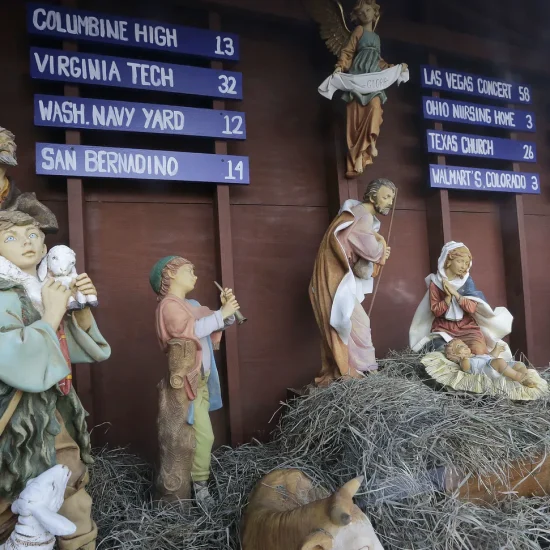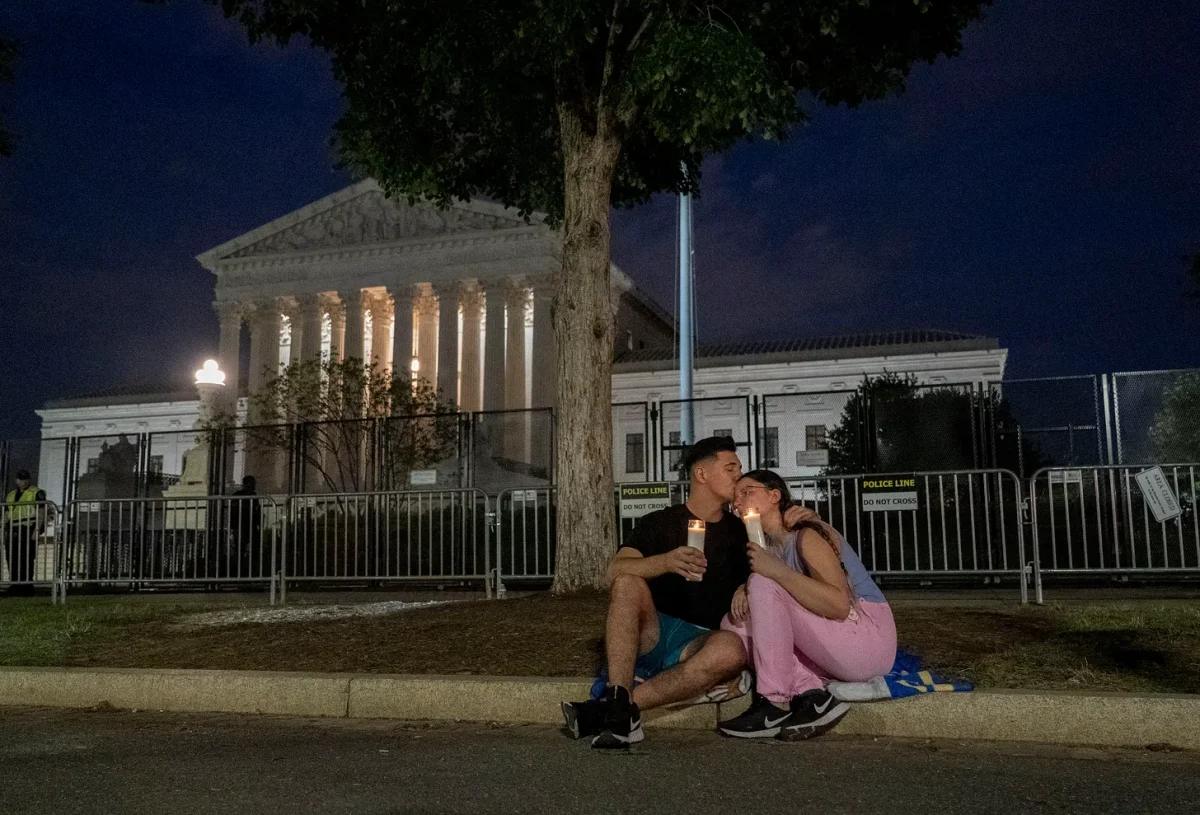
“In the sixth month of Elizabeth’s pregnancy, God sent the angel Gabriel to Nazareth, a town in Galilee, to a virgin pledged to be married to a man named Joseph, a descendant of David.” (Luke 1:26)
One was a young teenager, probably no more than 14 or 15 years old, betrothed but unmarried. The other was older, getting on in life, we’re told. Both were pregnant. Both had been told God had special plans for their sons, but giving birth in both circumstances was never a sure thing.
Pregnancy has always carried risks for women. On the one hand, it’s one of the most natural things in the world. On the other, lots of complications can arise, especially for older women. Elizabeth’s pregnancy was a welcome surprise because she had been unable to get pregnant. Still, I imagine she experienced some trepidation as an older woman who was pregnant.
Mary had not planned to become pregnant quite so soon. She was young and hadn’t even wed Joseph yet. So the announcement that she would become pregnant probably came as a different kind of surprise to Mary. I imagine she was quite fearful about what might happen when she told Joseph she was pregnant. He planned to put her away quietly rather than shame her publicly or worse, but the intervention of an angel spared her that. Still, she took off — perhaps to avoid the judgmental whispers of her neighbors or to give herself time to process the news — to visit her relative, Elizabeth.
Elizabeth safely had her baby, but Mary’s pregnancy became even more complicated when a decree went out from Caesar that everyone (that is, every man) had to return to the place of his birth to be registered in the census. In Bethlehem in a stable, Mary had to give birth without the assistance of the women who might have been there for her at home.
Fortunately, these two pregnancies had positive outcomes. The mothers and the babies survived, despite precarious circumstances. The same cannot be said of many of today’s dangerous pregnancies in the U.S. following the Supreme Court Dobbs v. Jackson decision that overturned Roe v. Wade.
Since Dobbs, not only do women have access to fewer abortion clinics (none in many states), they also have less access to maternal healthcare, which exacerbates harm, especially to Black and Indigenous women. We have already heard stories of women in dangerous medical situations who have been denied life-saving abortions and have died due to pregnancy-related complications.
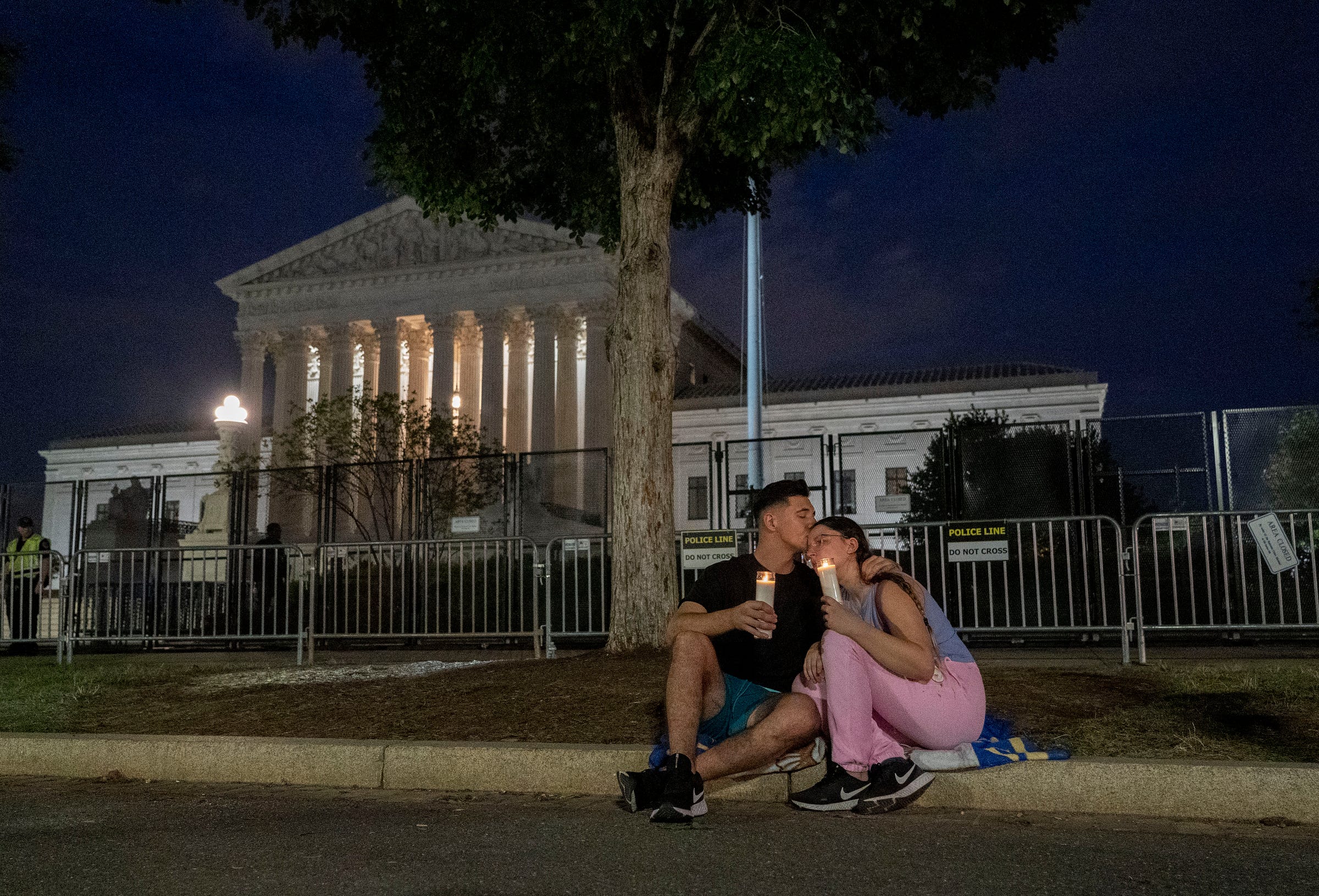
Protesters opposed to the Dobbs v. Jackson decision hold candles outside the U.S. Supreme Court in Washington, D.C., on June 26, 2022. (Gemunu Amarasinghe/Associated Press)
The CDC estimates that 80% of maternal deaths are preventable, but women lack the healthcare needed to ensure they do not die from pregnancy-related complications. In Texas alone, pregnancy-related deaths rose 56% after the statewide abortion ban.
The U.S. has the highest maternal mortality rate in the developed world. Lack of healthcare, especially maternal healthcare, contraception access, economic power, and abortion access make pregnancy dangerous for women in the United States.
As we observe Advent, we should give thought to dangerous pregnancies, past and present. John and Jesus’s births did not come without cost to the women who carried and bore them. Today’s pregnancies are made all the more dangerous because of rightwing actions to limit contraception and abortion access and women’s social, political, and economic power.
Too often in our retelling of the Christmas story, we focus solely on the baby in the manger and forget the teenage girl giving birth in less than optimal circumstances. In the present, we too often forget the value of the lives of girls and women who are increasingly treated as incubators rather than full human beings.
As we move our gaze toward the manager in Bethlehem, let’s not overlook the dangerous pregnancies, then and now, that shape the lives of all those who are pregnant or who may become pregnant. Let’s remember that being pregnant is complicated, and let’s commit to supporting the reproductive needs and choices of all people.
Susan M. Shaw is professor of women, gender, & sexuality Studies at Oregon State University. She is co-author of Surviving God: A New Vision of God through the Eyes of Sexual Abuse Survivors.

NOTE: This is part of our Unsettling Advent devotionals running Dec. 1-Dec. 24. You can subscribe for free and receive them each morning in your inbox.


